Celebrating the Incredible Emerging Scholars of 2025
Active Minds
JANUARY 29, 2025
The Emerging Scholar Fellowship , generously supported by the Scattergood Foundation for Behavioral Health and Macys , is a unique opportunity for students who identify as Black, Indigenous, and/or Persons of Color (BIPOC) to work on their own groundbreaking mental health-related independent research.

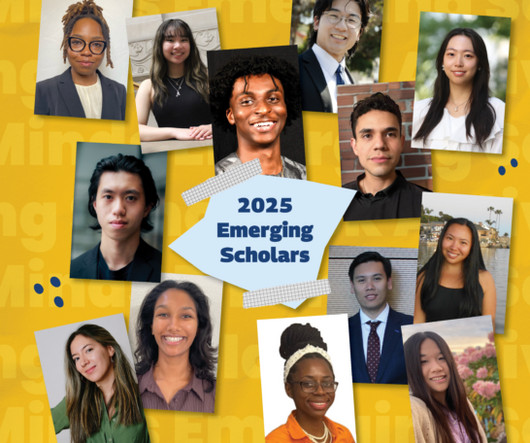
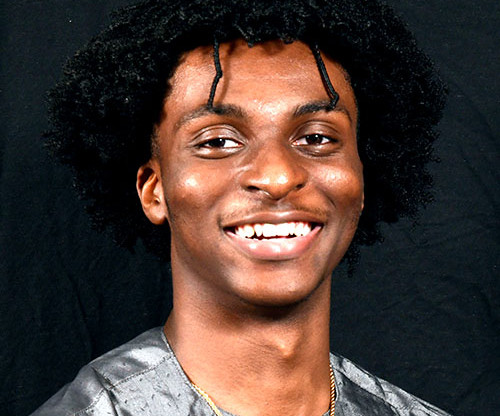

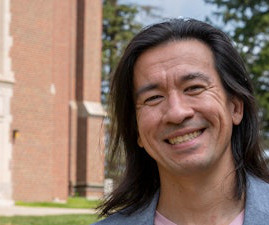
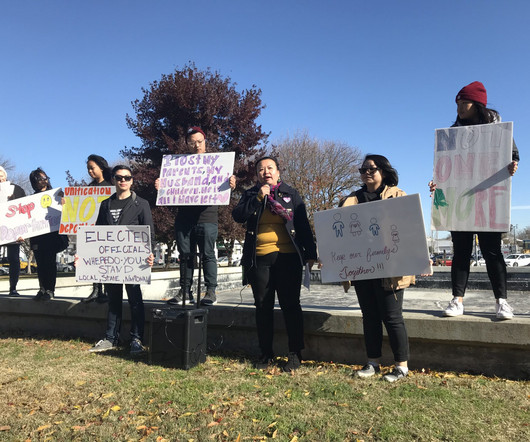
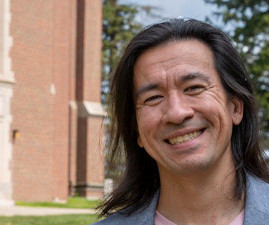



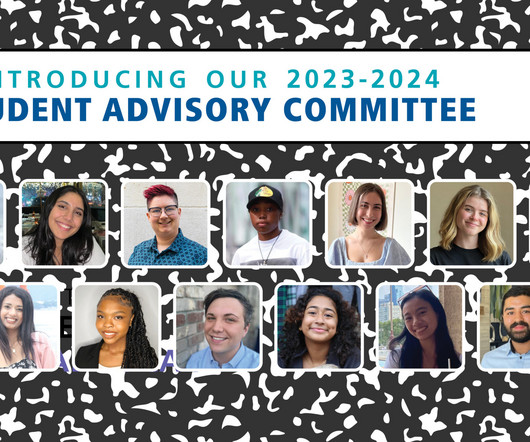






Let's personalize your content